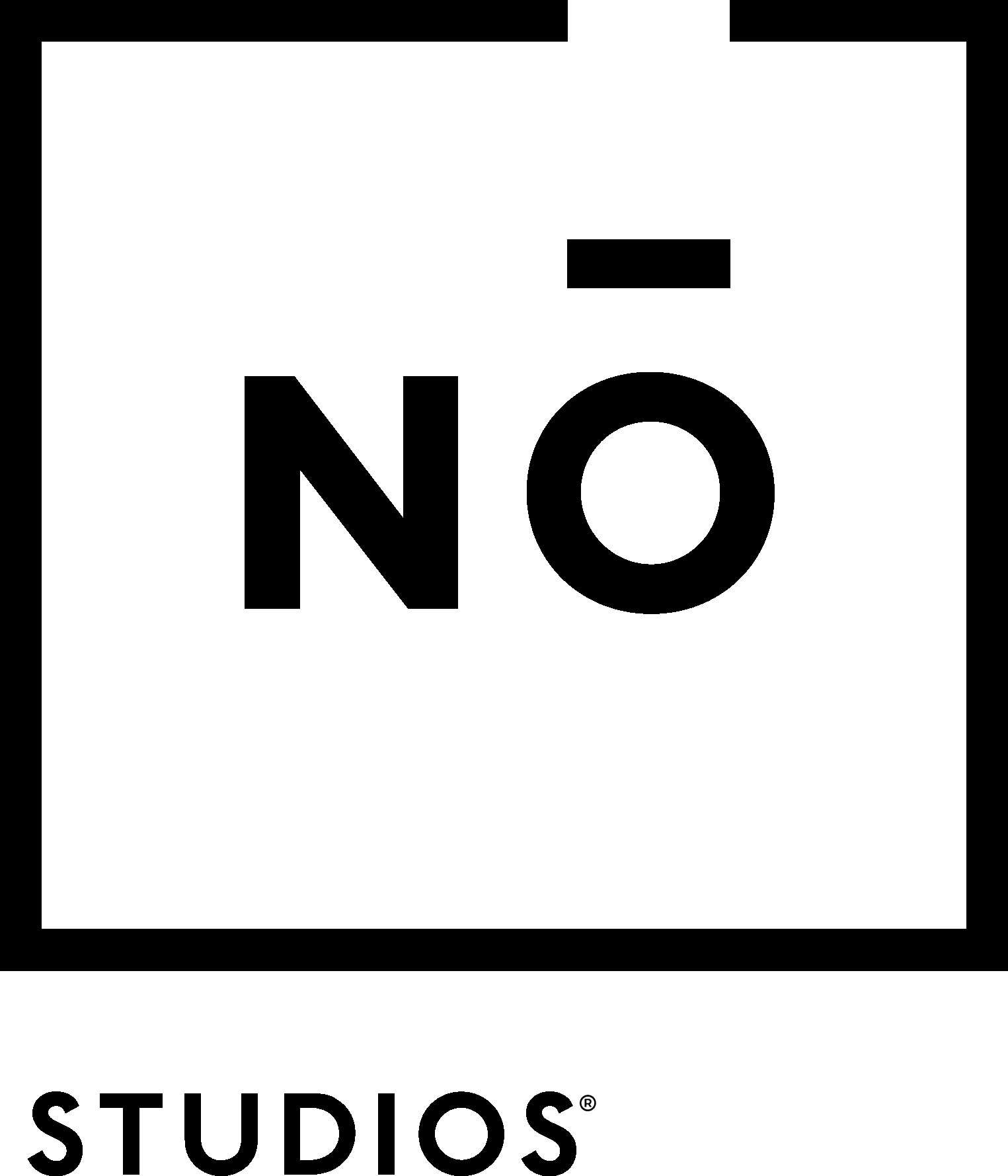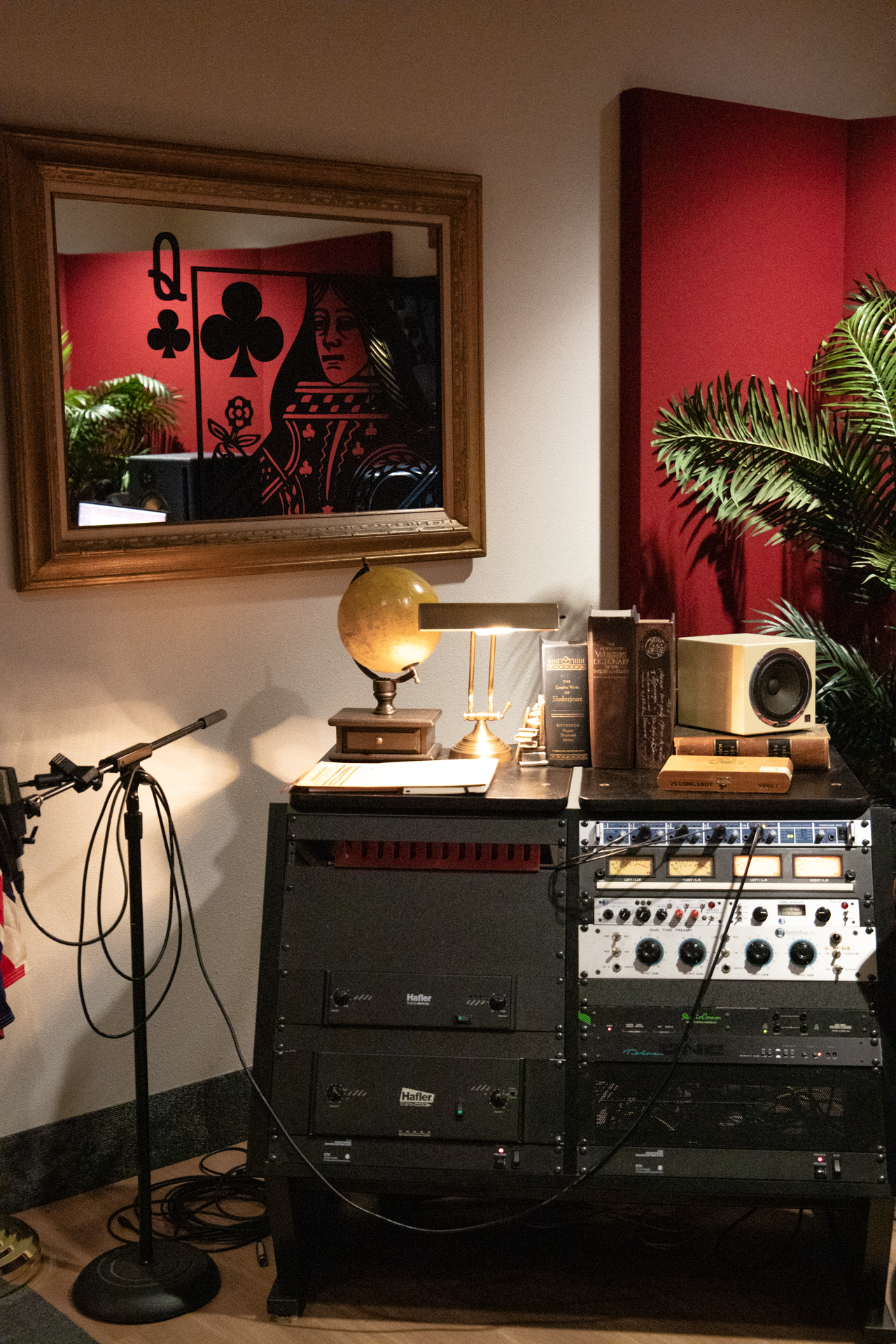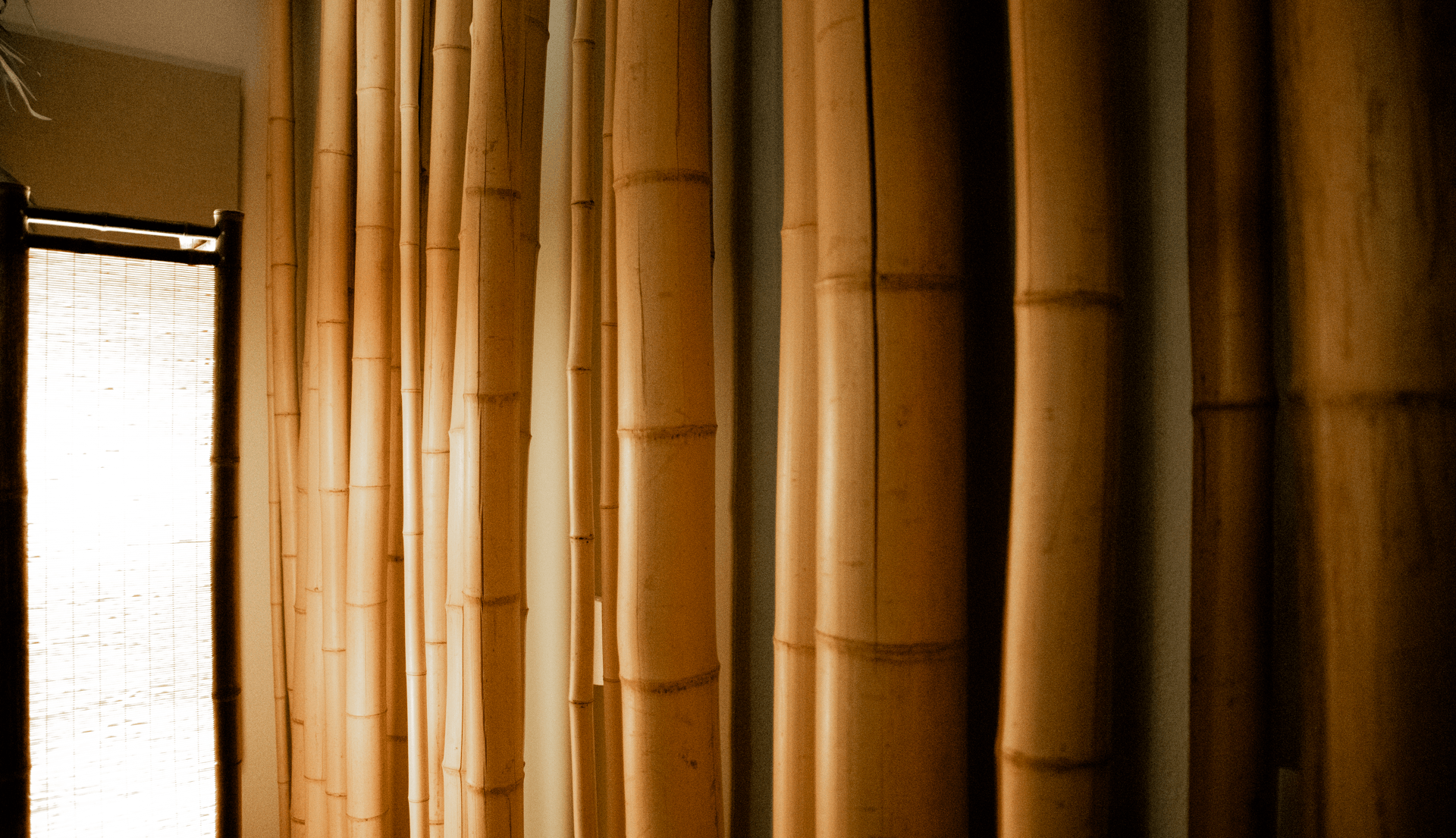Tenant Spotlight: Independent Studios
Catherine Bell • February 17, 2020
With a bright red ceiling, bamboo wall, and records stacked high, Independent Studios
has a lot of personality behind their nearly 30 years of expertise in post production. Founded in 1991, Independent Studios is a video and audio post-production facility specializing in Video Editing, Music Composition, Sound Design, Motion Graphics, Animation, Visual Effects - essential services needed to craft a professional, finished product for commercials, film, and radio.
We met with Business Manager, Trish Sheppard and Founder + Sound Designer, Randy Bobo, who moved from Northern California with just a 3 year business plan, to learn more.
What is Independent Studios?
RANDY: We are a post production company. So what does that mean: if you’re making a movie, you shoot things on location – that’s the production. When that’s all done, somebody has to put it together because it’s not done in the camera, and that’s where we come in. So we do editing, video editing, sound track (which is how I started, I’m an audio person), audio conforming, music editing, and sound design. We put it all together so when we’re done here, you have a finished product. We work on films, television programs, radio, podcasts, commercials- anything you can see or hear that moves and sounds like something, we can do.
Why did you move to Wisconsin?
RANDY: I usually tell people witness protection, *ha*, no - to start a business! It is very expensive in San Francisco, and I would have been competing against my mentor and friends and would have stayed where I was (career growth wise). I come from a family of entrepreneurs, so I wanted to give it a shot. You don’t regret failure, you regret what you don’t try. So, we tried it and Milwaukee has been very good to us…. except for the weather.
You said you started off in audio, how did you get into doing the full spectrum of editing?
RANDY: About 3 or 4 years after the studio started, a local director was working on a year long project and he bought an editing system. This was back in the 90s; they were very expensive, almost $100,000. He finished the project, and now he’s got this thing, this editor, "What am I going to do with it?" He came to us with an editor we had already been working with, and they founded their own company called Independent Edit. They did the visual side and we at the studios did the audio side, and then we grew like that for 27 years. We were two companies that worked closely together, though most people didn’t know we were two companies. The person that ran the editorial side, last year decided he wanted to retire- which meant closing Independent Edit; and I didn’t want to. So, I took it over. We combined it, and now we are one company: Independent Studios.
How many employees do you have?
RANDY: We moved (locations) and streamlined quite a bit, so we are at 6 employees now and were as high as 13 at one point, but the market has changed.
How is your new office at Nō Studios different than it was on Jefferson St.?
RANDY: This is so different than our other space, our other space was very old looking, plaster walls, really bright colors. The red ceiling bings some color into the space, but this is much more modern.
TRISH: But we brought a lot of furnishings with us, some custom built pieces that we had to dismantle. When we moved in here, we needed specialized audio rooms and general contractors weren’t used to doing this kind of work. [Sound control room pictured below]
Can you tell me about the control room?
RANDY: The front of the control room is soft, so it absorbs sound. The back of the control room needs to be diffused so that the sound just doesn’t hit it and bounce right back at you, it scatters. So that’s what this (bamboo) does. Then the ceiling has got all the base traps and diffusions that go up 14 feet. Same idea where the sound goes up and doesn’t come back.What inspired this company?
RANDY: This is all I’ve ever done, I started out doing live and theatrical sound design for the American Conservatory Theatre in San Francisco. But when you start having a family, theater doesn’t pay a lot unless you go to New York. So I found post production and really liked it. I was staff engineer for almost ten years at a studio in San Francisco. Yeah, I really haven’t done anything else.
TRISH: Magic Castle…
RANDY: Oh god yeah... Out of college in California, of course, you’d go to LA if you want to do stuff, or at least I thought. So I went down there. Being a northern California boy, that’s hard to do. But I was out there and worked for a music park, I worked with Merv Griffin Productions on Jeopardy! for a while, and I was a host at the Magic Castle, which is a magicians club. It’s still there, but you have to be invited to go there. And it turns out, I was there when... this was like 1979... the old Vaudeville guys were still alive, and they’d go there and they liked me for some reason, and I couldn’t figure out why. And one day, one of the other guys brought me into the library (they have a huge library of magic books, it was incredible) and he said “Look at this, this is the bible of coin trick, look who wrote it,” and the guy’s last name was Bobo. So they thought I was related to him, which I probably am?? I was in. I was too young to appreciate it though, I had no business doing it. Driving in a tuxedo with the top down through Hollywood.
What does an average day look like?
Ha, every day is different, um, I tell my employees that every job is an exception, and if you’re not used to being able to juggle like that or surf on the job wave like that, this is not the career for you because just about every job is an exception; Nothing is standard. You have to think on your feet, be very flexible.
Any advice for those wanting to get into post-production?
Run away… um uhhhh. Network, network, network.
You don’t necessarily have to go to film school, which maybe is a good thing. I think a good cultural literacy background is important because the subject matter of what we deal with is all over the place and you need to be able to relate to it and suggest ideas, have some sort of touch stone on the projects. You need to have a wide net. The nice thing about post is that it is absolutely not gender specific, race specific, you know, it just doesn’t matter. There are no limits on who could be here. I know a sound designer from Berkley who has done stud for Berkley Reparatory Theater for years and film and things, and he is paraplegic, it doesn’t matter. It’s can you do the job; nobody cares what you look like or dress like, it’s just can you do the gig -and that’s what’s great about it.








